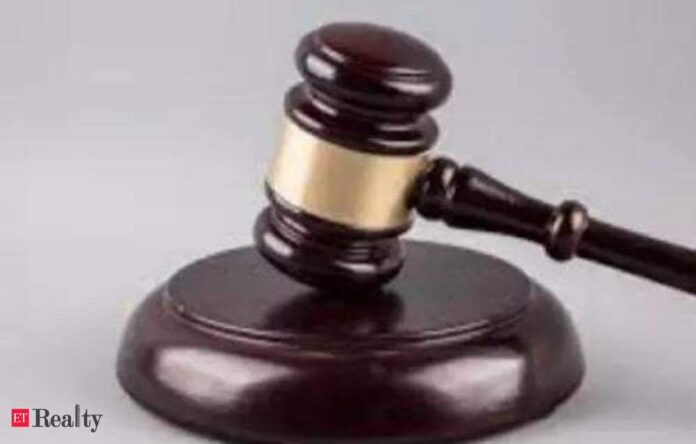
NEW DELHI: Supreme Court Wednesday said no govt can withhold compensation for years after acquiring land and asked Karnataka govt to pay present market value for land it had acquired in 1986 without compensating the landowner.
A bench of Justices Surya Kant and Ujjal Bhuyan accepted the arguments of senior advocate Anand Sanjay M Nuli, who appeared for landowners Jayalakshmamma and others, whose land of nearly two acres formed part of large tracts of land acquired in Hinkal village, in Mysuru, for formation of Vijayanagar layout.
Final acquisition notification was published in March 1984 and the award in 1986.
Nuli said, “In spite of issuing the final notification and the award, the respondents kept the petitioners in the dark… (They) neither took possession of the land nor deposited or paid the compensation. The land, along with all the permanent structures, continues to be in possession of the petitioners even till date and they have been paying the taxes, electricity bills in respect of the said properties.”
The bench said, “The award of Apr 21, 1986, does not absolve the Karnataka government of paying fair and just compensation. Denial of paying compensation is violative of Article 300A (right to property). The authorities have failed miserably in showing any reason in fact or in law to justify withholding payment of compensation for more than 33 years.”
The compensation at the 1986 rate was paid only in 2019.
The bench said this warrants cancellation of the acquisition of the parcel of land. However, it said segregating a small parcel of land, from among huge tracts of land for setting up Vijayanagar, would not be either in the interest of development of basic amenities or the landowner.
The bench directed the special land acquisition officer to determine the market value of the land as of June 1, 2019 and deposit the same with the reference court within four weeks of determination of the market value of the land.
It asked the landowner to give possession of the land, free from encumbrances, to the authorities after receiving the compensation amount. It also barred the landowner from challenging the acquisition after payment of compensation.
[ad_1]
Source link


